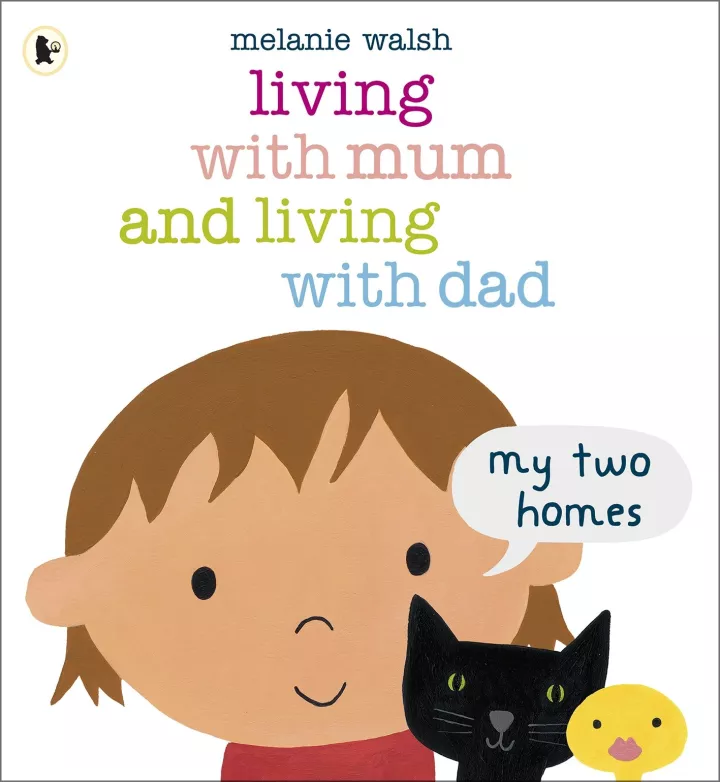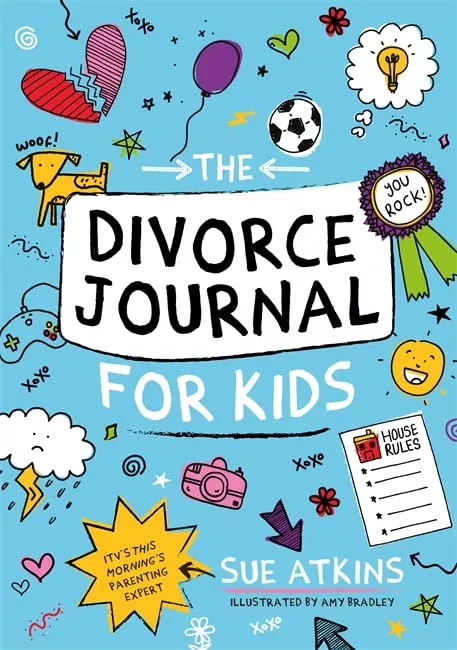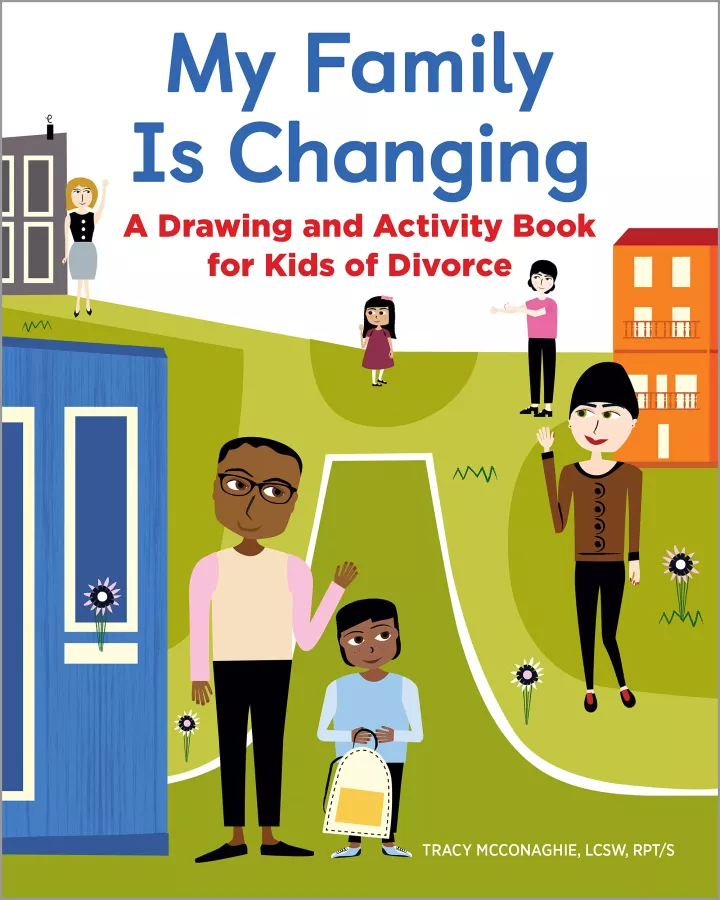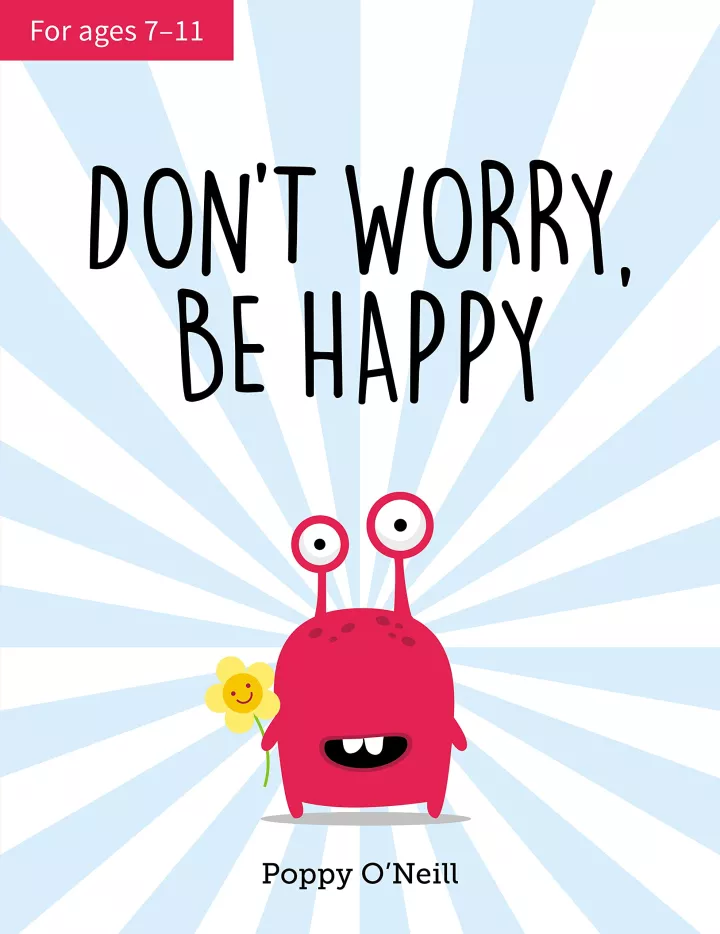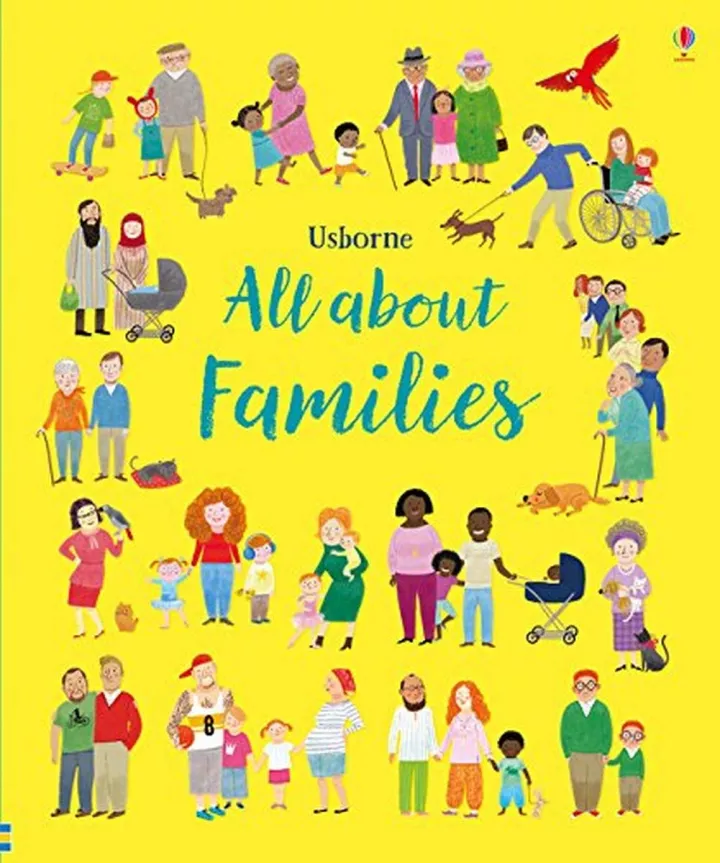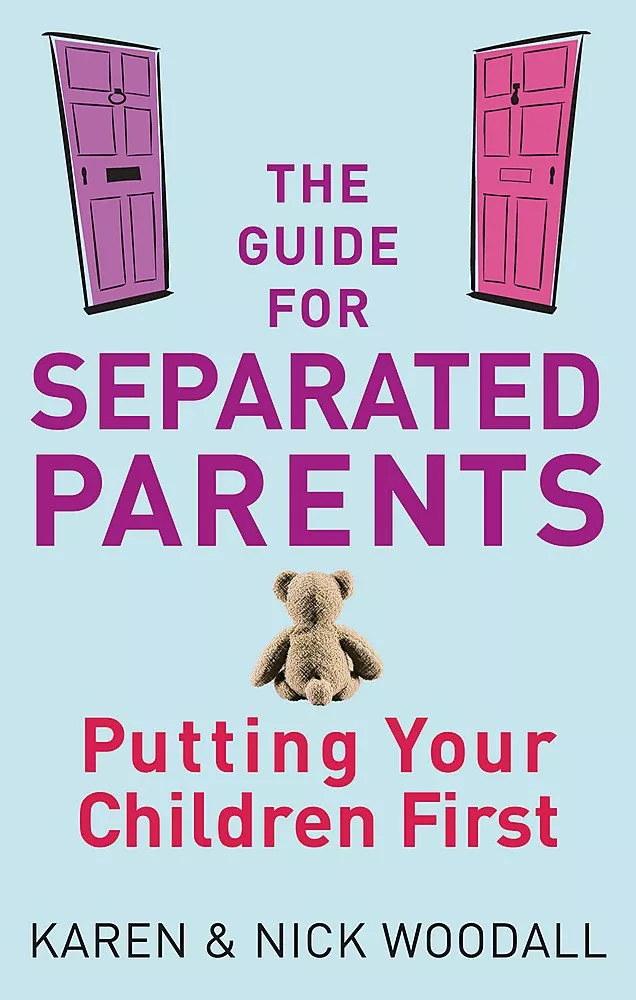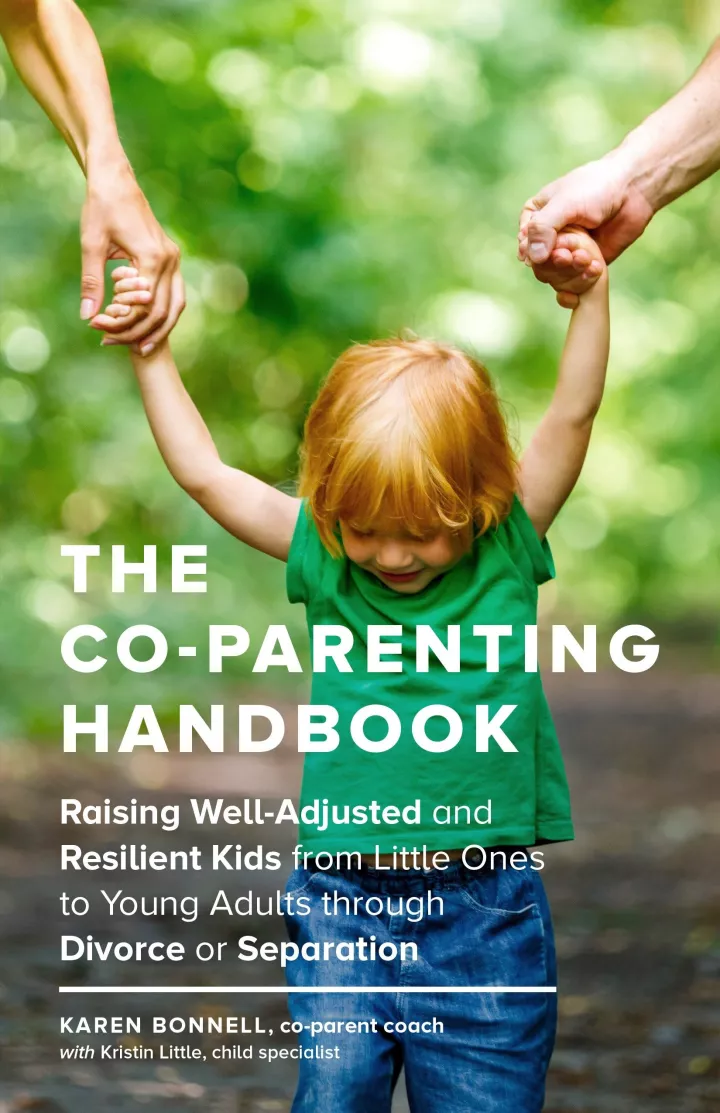TheSchoolRun.com closure date
As we informed you a few months ago, TheSchoolRun has had to make the difficult decision to close due to financial pressures and the company has now ceased trading. We had hoped to keep our content available through a partnership with another educational provider, but this provider has since withdrawn from the agreement.
As a result, we now have to permanently close TheSchoolRun.com. However, to give subscribers time to download any content they’d like to keep, we will keep the website open until 31st July 2025. After this date, the site will be taken down and there will be no further access to any resources. We strongly encourage you to download and save any resources you think you may want to use in the future.
In particular, we suggest downloading:
- Learning packs
- All the worksheets from the 11+ programme, if you are following this with your child
- Complete Learning Journey programmes (the packs below include all 40 worksheets for each programme)
You should already have received 16 primary school eBooks (worth £108.84) to download and keep. If you haven’t received these, please contact us at [email protected] before 31st July 2025, and we will send them to you.
We are very sorry that there is no way to continue offering access to resources and sincerely apologise for the inconvenience caused.
Co-parenting a primary school child after separation

In the 2021 financial year, it was estimated that there were 2.3 million separated families in Great Britain and 3.6 million children in those separated families.
That’s a lot of children that aren’t living in a ‘traditional’ nuclear family. Many parents will be co-parenting and managing the regular switch from one household to another. Kate Morgan, a co-parenting mum of one, dives into the methods people use to make the process as smooth as possible, particularly when dealing with your child’s school.
Co-parenting: communicating with the school
Although there’s no rule that says you need to inform the school of a divorce or family separation, it's recommended for various reasons.
Amelia, a co-parent to four primary school children, says: “If you let the school know then your child’s teacher can be sensitive to their needs and pick up on any changes in behaviour. They can also help you avoid any awkward handover moments; you can give them a separate email address or telephone number and inform them about who picks up on what day.”
You can also request a one-to-one meeting with their teacher and explain the situation without sharing any unnecessary or negative comments about the other parent unless it relates to the safety of your child. It’s not the school’s place to take sides and will benefit your child if they have an amicable relationship with both parents.
Most schools will be happy to send out two letters or two emails to each parent so that both remain involved in their child’s school life. It’s easy for letters to be put in school bags and get lost along the way from one house to another!
“If you have a good set-up for communicating with the other parent, such as a parenting app or a WhatsApp group, you can take photos of school letters or inform each other of any updates before it slips your mind or gets lost,” Amelia explains.
Some schools, particularly for EYFS years, have apps for sharing information and you may need an account to access them. Speak to your child’s teacher if you need separate access as it may be possible to share a login or create two separate accounts for the same child.
Co-parents' evening
Parents’ evening can be a tense affair when you’re deciding who can attend and how. You may want to ask your child’s school if it’s possible to do two separate meetings, or it might suit your needs better to take it in turns each year (perhaps you attend this year and your ex-partner attend next year). You can take notes during the meeting to share with the absent parent and be sure to write down their questions as well as your own beforehand.
Amelia says: “During the pandemic, parents’ evening took place via phone call or Zoom, which has its positives and negatives for co-parents. One of you may not have access to good wifi or tech but in some cases, you can request a recording of the meeting.
“If it’s an in-person event, the school will probably make allowances for separated parents and find a way to make it work. If you choose not to attend or are unable to, you can usually request an email update from the teacher.”
Co-parenting: school payments
According to Amelia, the school system for lunches and other payments can be “hellish”.
“Our school uses an app called Parent Pay. You can only have one account. My ex-husband has the login and I have his details so that we can both use it. But often one parent has to make the full payment and the other will need to send their half later. If you are the primary caregiver, make sure you have the login and then try and come up with an arrangement.”
Amelia explains, “we have 50/50 custody, so we try to split all costs down the middle. But for other co-parents, child maintenance payments can be used for things like trips, lunches and uniforms.”
Dee Holmes is a Senior Practice Consultant at Relate, the UK’s biggest provider of relationship support, and a qualified family and children’s counsellor. She explains that it’s important to consider timing and phrasing when discussing money.
“Choose a time when there are no distractions and try to use ‘I’ language, so the discussion does not become accusatory. Plan how you will discuss it and try to approach it like a business meeting, so it doesn’t become emotive.”
Co-parenting: uniform and stationery
In a co-parenting setup, school uniforms and stationery can get lost almost as soon as it’s purchased. It’s easy to lose track of these items when moving from one house to another on a regular basis.
“We send the kids back and forth wearing their school uniform. I have a set and my ex-husband has a set and then we have a third set that goes between our houses as well. I just wash whatever I have at my house at the end of each week!” says Amelia.
Labelling clothes and checking items each time you send your child to their other parent’s house and upon their return can help. If you’re able to send reminders to each other on a parenting app or WhatsApp group, then that can also help avoid any frustration. It is very common for parents, separated or not, to struggle to keep track of all of their child’s items, so try not to take it as a personal affront or let it derail your communication.
Co-parenting: school events and parties
Amelia and her ex-husband have a simple but clear arrangement that whoever has their child on the day of a school friend’s birthday party will have to take them and pay for the gift.
“We have a WhatsApp group and we communicate through that. If it’s our turn to pay for the gift we usually have a limit of £10.
“Whoever is available to attend (depending on work commitments etc) goes to school plays and sports days. If that’s me, then I send photos and videos in our private WhatsApp group – but be sure to check the school’s policy on photos and videos being taken.”
Co-parenting: communicating with your ex
Speaking to each other amicably at handovers is incredibly beneficial for many reasons. You will be able to demonstrate positive communication in front of your child, which can help reduce any anxiety they might feel at handovers, and you may also be able to share important information about any homework that needs doing or a missing school jumper – seemingly small things that may not make it into a message.
Other useful tips:
- Make sure you nail down your calendar and you know who is doing what.
- Be open to changing your days around, particularly for after-school clubs, as this helps to build a better relationship.
- Always be respectful when talking about your ex-partner in front of your child.
- Store communication safely, particularly if you have a precarious relationship with the other parent. You can then refer back to what was agreed and avoid conflict.
Of course, conflicts in parenting styles can still arise. “It’s important to accept that now you are no longer living together, you can’t control the parenting approach all the time. Unless there is a safety issue, each parent has to define their own rules and ensure the child knows what the rule is when they’re at your house vs. the rule when they are at the other house,” Dee explains. “Some issues, like having a later bedtime or giving them a lot of sugar, can have a negative impact on the child’s health, so try and approach it from a child's wellbeing point of view rather than sounding as though you wish to dictate how they should parent.”
Dee adds: "the most important thing to remember when co-parenting is that you need to put the child at the centre. Always ask yourself if this is in the best interests of the child or if you’re letting your personal feelings about the other parent distract you."

